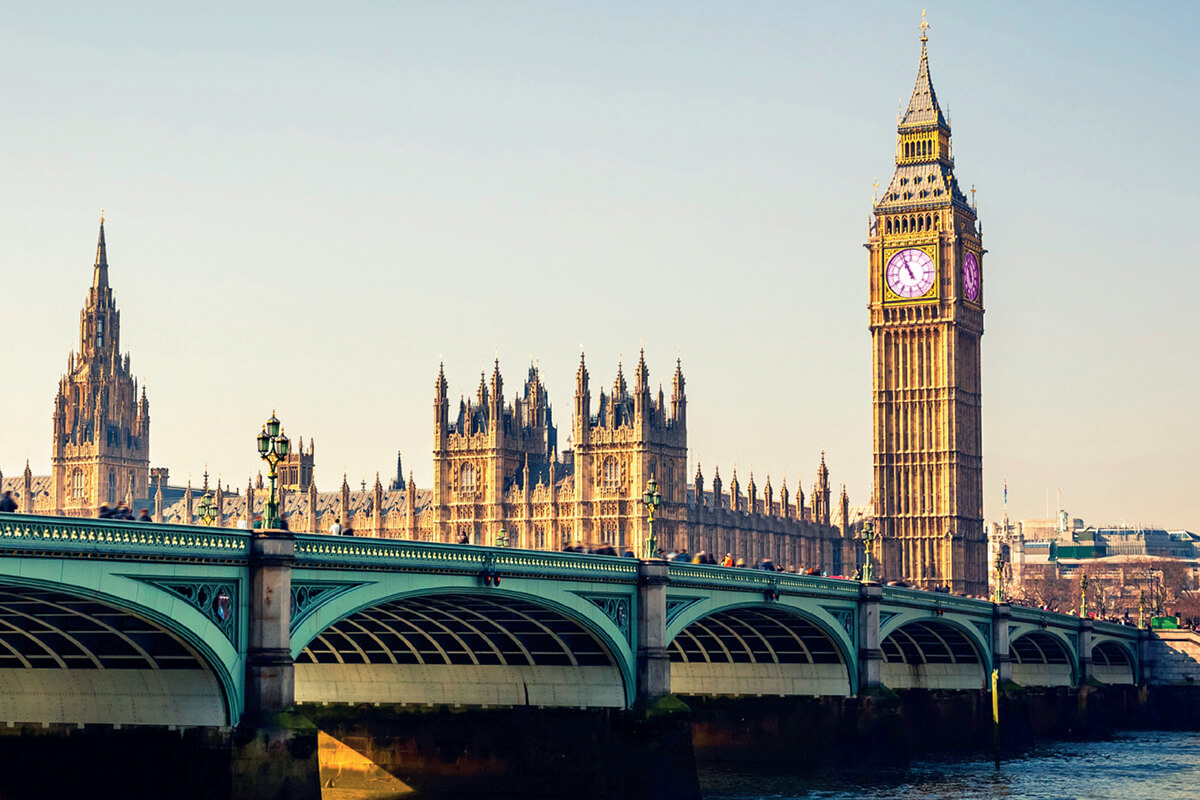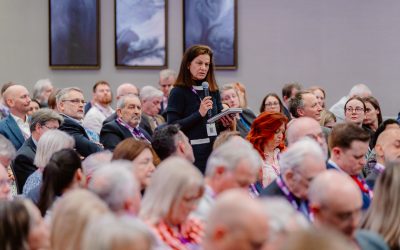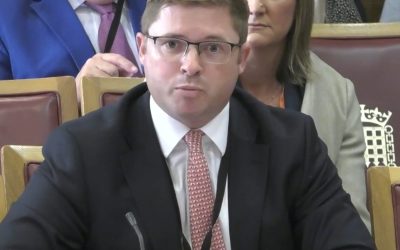Consultants will be the victors from the mad rush to impose mega councils
The rush to impose mega councils on local areas ignores the views of local communities and thwarts discussion about how to improve services and increase value for taxpayers, local leaders have warned.
The District Councils’ Network (DCN) responded after the Government today indicated many councils have just six weeks to devise bids setting out how local services should be structured over the coming decades.
This rapid deadline – and the cancellation of county council elections for many millions of people – offers local residents no opportunity to discuss whether they want to be run by mega councils with populations in excess of half a million people. The Government has admitted it has no recent or independent evidence supporting such large councils – and the proposal was not included in Labour’s election manifesto.
The Government today indicated that in areas it has earmarked for reorganisation interim proposals must be submitted by 21 March, while every two-tier area must produce plans by the end of the year.
It is certain that the rapid timescales will leave many places with no option but to use expensive consultancies, which will waste taxpayers’ money.
In response, Cllr Sam Chapman-Allen, Chairman of the District Councils’ Network, said:
“We would support reorganisation that improves services, offers value to taxpayers and ensures local government remains local – but the mad rush to impose mega councils of at least half a million people on local areas will thwart all these goals.
“Reorganisation should offer an opportunity to rethink the entire local public sector so it works better for service users and offers lasting savings to taxpayers. But the speed demanded by the Government will lead to these important issues being sidelined – and we could be stuck with a sub-optimal outcome for many decades.
“Four-fifths of district councils tell us they wouldn’t oppose some sort of reorganisation – but it needs to be one which keeps power close to home and doesn’t impose remote mega councils upon communities.
“The cancellation of local democracy means voters cannot give their verdict on whether they want mega councils. The rapid timescale of reorganisation will cut out the public and local businesses from the debate almost entirely. District councils, which proudly run local elections, would be prepared to oversee them in all of our areas this year to maintain local democracy.
“District councils believe in the value of local democracy. We would get systems better designed to respond to the challenges of coming decades by asking our communities, our businesses and our partner organisations what they need from us and by working together to build something new and exciting. Instead, we’re repeating a model of mergers to create mega councils when the Government admits it has done no analysis to demonstrate the benefits.
“The crazy timescale to force through mega councils will benefit no one apart from consultants – they’re in for a field day as councils have little capacity to do the work required within the timescales demanded by the Government.”
Background
Two-tier local government structures, in which several district councils exist within the boundary of a county council, currently cover 20 million people in England. Annual local government spend in these areas totals £32bn – the vast majority of it coming from counties.
District councils pride themselves on their closeness to their communities and run services including housing, planning, waste collection, town centre regeneration, economic development and environmental services. County council services include social care and highways.
All 164 district councils are members of DCN. A recent DCN survey showed 79% of member councils are not opposed to some sort of reorganisation. However, just 15% believe a unitary council with a population of 500k plus would be suitable for their area.






